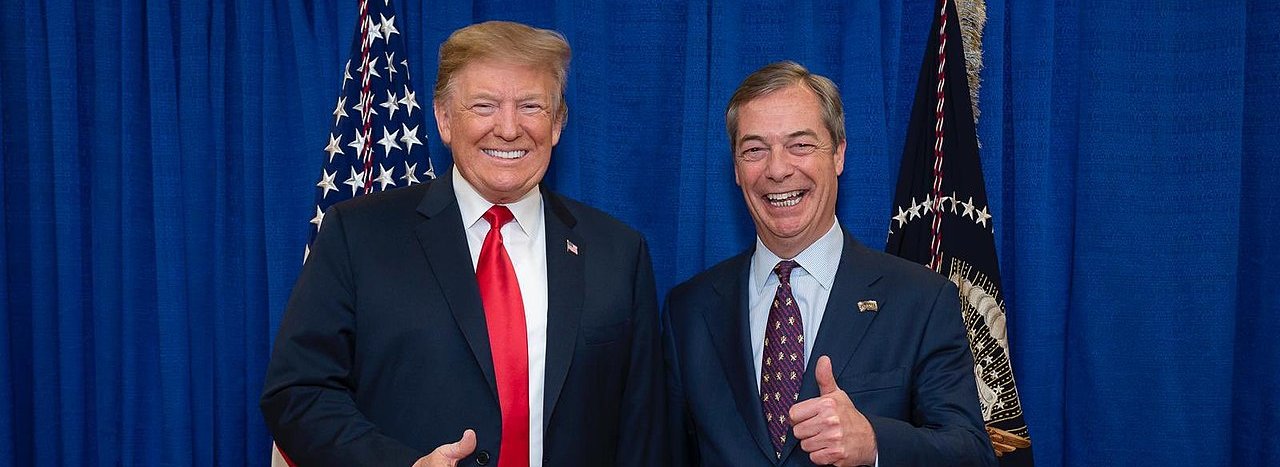| 0 mins read
What does it mean when analyses of contemporary right-wing politicians emphasise how they give voice to radical views that were previously ‘unspeakable’? What does ‘unspeakable’ mean and why should politicians not give voice to their radical views? Why consider these radical views unspeakable in the past and how were they silenced? Which political dynamics do politicians bring into play when saying the unspeakable in the present? An interpretation of the silences involved could point at how the ‘unspeakable’ is culturally and ethically constructed as a norm in order to prevent harm, establish social and political order, and guide public discourse.
Need help using Wiley? Click here for help using Wiley







